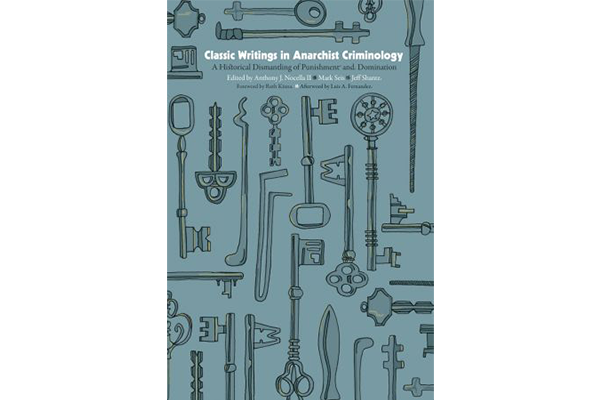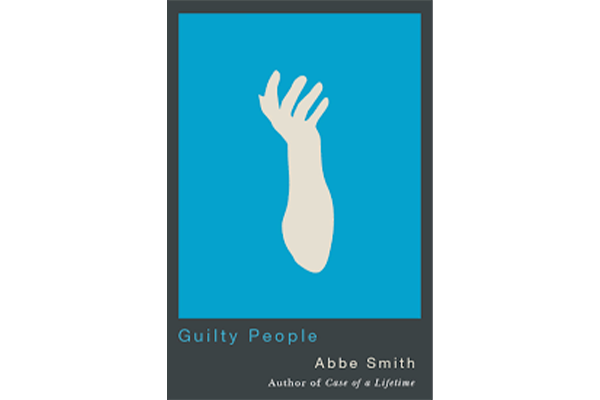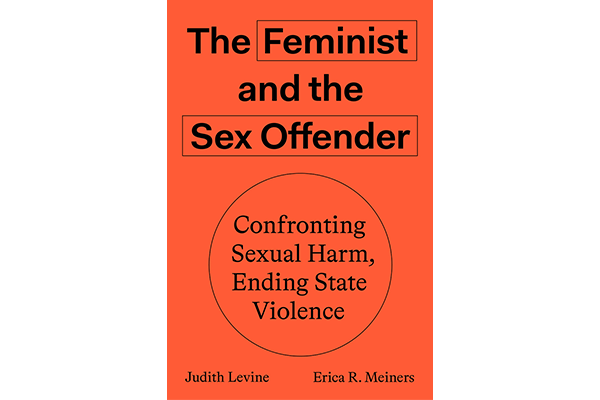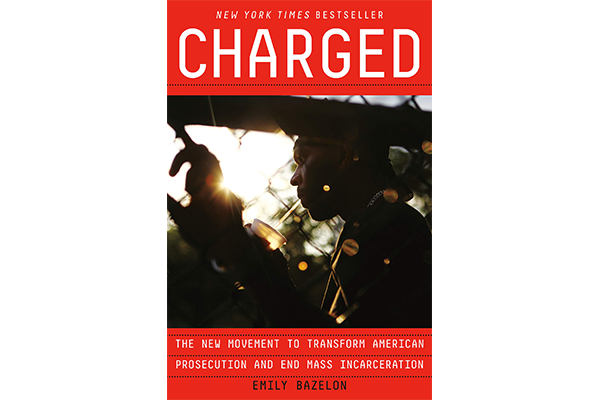
These dual essays were written by Seth Wittner and Katrinka (Kei) Moore, 2020 honorees for the PEN America/L’Engle-Rahman Prize for Mentorship.
Seth Wittner
Starting an essay that nominates a mentor for the PEN America/L’Engle-Rahman Prize by mentioning a time when the nominee took longer than usual to send feedback may seem a bit odd. But I have a good reason for doing so: Kei had begun to type up my novel-in-progress and let me know. This caused a slight delay.
I was (and still am) amazed. This was highly unexpected and spoke of a commitment to our mentor-mentee relationship that I have to believe is unsurpassed. Kei has always been open and personal with me, telling me in her introductory letter that she is a poet—not a novelist or author of short stories—but that she is an avid reader and would be able to provide me with good feedback on my fiction. She said that she would understand if I wanted a different kind of writer. I knew then that there was no other mentor I would rather have.
We began with a short story I wrote after hearing the good news that I would be a participant in PEN America’s Prison Writing Mentorship Program. Kei gave me helpful advice on “Scared to Left” and a couple of other short stories before suggesting that I try my hand at a novel.
This was an idea that I needed to hear from someone other than myself! It was insightful on Kei’s part, and even though I had always doubted my ability to complete a work of novel length, with Kei there ready to read my pages and guide me along the way, I felt emboldened to embark on the journey. If my short fiction had persuaded a published writer that I had the potential to produce a novel, then I would trust her judgement.
One of the remarks in Kei’s feedback made me think about my writing in a new way. She told me that I was good at creating stories about real people with real—or at least believable—problems. My strength is my humor; I like to think about funny things that could happen. So, when I set out on coming up with a premise for my novel, I chose to expand a short story I had already written, about a couple who scheme to scare their daughter away from any thought of a career as a painter.
And, amazing enough, I managed to complete a first draft of about 80,000 words. What I have so far is precious to me, as are my characters. Kei and I are still working on “The Local Art Experience.”
When I informed Kei of my choice of story, she suggested I read Willa Cather’s “Portrait of the Artist.” While some mentor-mentee combinations may have communicated more about their respective lives, I am sure that Kei would have told me more about herself and her life if I had asked. As someone who is incarcerated, I felt that I should make my mentor as comfortable as possible, and prying into her life didn’t seem like the best idea. This does not in any way diminish the outstanding mentoring she did.
Kei did show a strong interest in my experience. She asked me to take a short break from fiction at one point and to write a 1,000-word account of some memorable event in my life, to give me the feeling of writing about something tangible and real. She liked the anecdote and requested more of them after I resumed work on my novel. Over time, I think I entertained her with true tales from (mostly) my younger days: the time I thought I’d die in the mountains of Norway after foolishly embarking on a long hike at dusk and getting lost, the time I got carried away on a freight train by accident, the time I took a banner to a baseball game in New York’s Polo Grounds and was visited in the stands by the “subject” of the banner.
It’s hard for me to know what Kei has gained from our relationship other than laughs and (I hope) food for thought.
I would like to think that the excitement I expressed to her about my writing and the improvement in my work were a source of pride for her. Kei’s kind decision to type my manuscript speaks to her respect for the considerable work I put into the novel and improvement as a writer.
Kei was honest in her feedback. There was a passage I found funny that she didn’t, and I could see why. I replaced it. I always had the feeling that Kei saw me as a writer who happens to be in prison, not as a prisoner who writes. It would be hard to overestimate what being in touch with Kei has meant to me. In a harsh, challenging social environment where positive, uplifting intellectual discourse is not easily found, I have had Kei’s letters to look forward to.
I do hope to write professionally after my return to society. In fact, I approach my current writing with the intent of making it publishable. Kei is largely responsible for that mindset. She has changed me as a writer by giving me confidence, awareness of a focus I didn’t know I had—real people with real problems—and making writing fun. (Yes, I’ve seen the cartoons about all the distractions writers like to find.)
Katrinka (Kei) Moore
I was delighted when I learned I had been accepted as a mentor for the PEN America Prison Writing Program. I expected to work with a poet, since that is my background, but my mentee turned out to be Seth Wittner—a fiction writer.
At first, I was hesitant. I wondered if I would be able to offer useful feedback. However, I’m an avid reader of novels and short stories, so I decided I could at least respond from that point of view. I confessed to Seth that I was a poet, and he was quite gracious about it. So, we plunged in.
Seth has accomplished a lot in a couple of years. He’s sent me three short stories and the first draft of a novel. Along the way, at my request, he’s sent some nonfiction, anecdotes about his life. He has a great sense of humor and an eye for details.
I always look forward to getting emails with his work from PEN America. While I liked all three stories, one—“The Local Arts Experience”—had characters that engaged me the most. When Seth and I discussed his writing a novel, I was very happy he chose to expand this story. It’s been fascinating to see the longer work unfold, the way Seth has developed different characters and introduced quirky yet believable plot elements. It’s been especially pleasing to find the upshot of the novel is quite different from what I expected at the beginning.
Seth has persevered in the face of challenges: handwriting his novel, not always being able to get his manuscript typed and having to wait to have his pages xeroxed before he can send them to me. Mail can be slow, and time between our correspondences can be long. Despite these drawbacks, Seth has maintained consistency in his novel’s characters and plot, and even better, maintained his enthusiasm.
And his enthusiasm is catching. Seth and I are united in our belief about the power of writing. Through writing, we listen to each other. I listen to the world he’s created in his novel, and he listens to my ideas about his manuscript, about writing itself. We trust each other to listen, and we trust each other to be serious about the creative process.
I believe I’m a link to the outside world for Seth. He is my link to the inside world—a place I don’t know and am somewhat fearful of, and yet here we are as friends, connected in our dedication to the art of writing.
Our friendship has broadened my world. I have become attuned to issues about incarceration, and especially in this dangerous time of COVID-19. Prison life is no longer an abstraction for me, something separate from my own ordinary life. My tai chi teacher says that in Taoist meditation, if you meditate on compassion it is easiest to start with someone you know. Through my connection with Seth I can better focus on sending compassion for all people living in prison. That is a small thing, I know, but it is a start.










